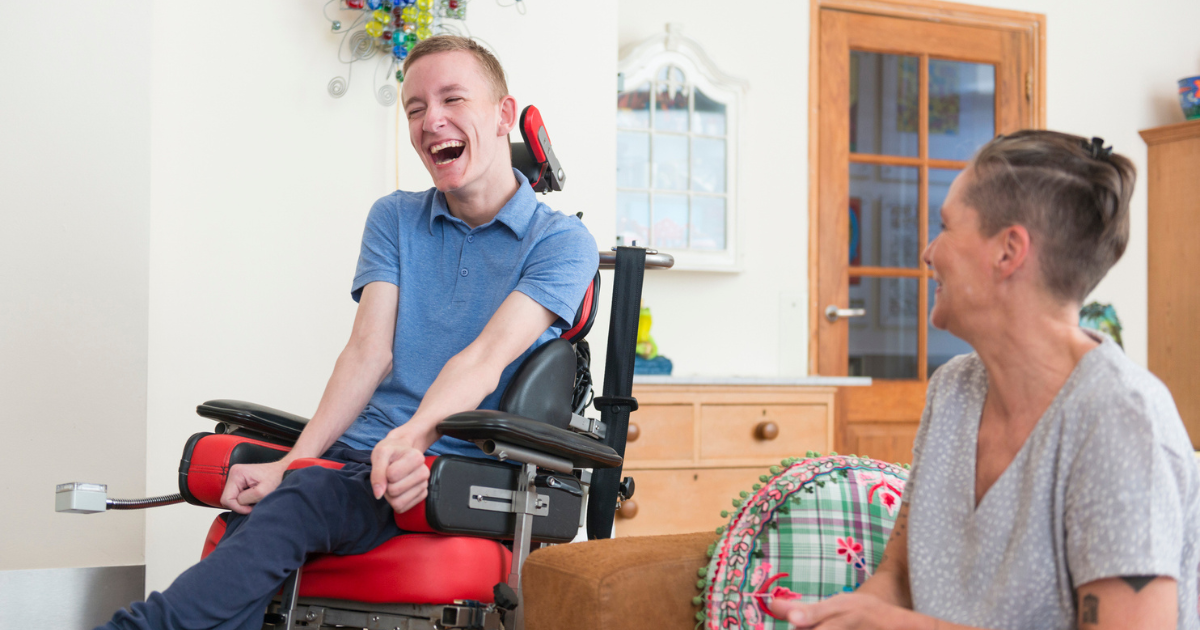Nebraska Medicine joins national effort to advance ALS research

ALS (amyotrophic lateral sclerosis) is a deadly disease that slowly takes away a person’s ability to move, speak, eat and breathe. While treatments can help with symptoms, there is no cure, making research crucial.
Nebraska Medicine and its education and research partner, UNMC, are joining a nationwide research project to learn more about ALS. The project, called the ALL ALS Clinical Research Consortium, is now looking for participants in two studies: ASSESS and PREVENT.
ASSESS: Learning from people who have ALS
The ASSESS ALL ALS research study focuses on people diagnosed with ALS and a group of people without the disease for comparison. “The goal of the ASSESS study is to enroll as many ALS patients in the U.S. as possible, forming the largest cohort of ALS patients ever gathered, and collect data from them,” says neurologist and principal investigator Joseph Fernandes, MD.
The study includes both in-person and remote participants. It will collect ongoing clinical data, body fluids, genetic information and digital measurements. These will be shared within an ALS portal for researchers.
The ASSESS study will follow participants for two years and includes:
• Health updates and blood samples every four months.
• Monthly speech recordings.
• Monthly health questionnaires.
• Option to provide spinal fluid samples if participating in person (not required).
PREVENT: Looking for early warning signs
The PREVENT ALL ALS research study focuses on people without symptoms who might carry ALS genes. This includes known ALS gene carriers or people who have a parent, child or sibling who carried an ALS gene. This study combines on-site and off-site visits, with yearly in-person visits and remote check-ins every few months.
“This study includes patients at risk of developing ALS, meaning patients with ALS mutations,” Dr. Fernandes said. “We’re looking to identify biomarker signs that can show this patient is going from being a carrier of ALS to having ALS.”
The PREVENT study lasts up to three years and involves:
• One in-person visit each year.
• Remote check-ins every four months.
Every four months, participants will:
• Give blood samples.
• Share their medical history and have a neurological exam.
• Complete health questionnaires.
• Record their speech.
Building a resource for future research
Both studies add to a central database that researchers studying ALS can use. Dr. Fernandes says the ACCESS and PREVENT studies are just the beginning of the consortium’s work.
“More research projects will come up,” he said. “Having all this information in one place will make it easier for scientists to study ALS and possibly find better treatments.”
The consortium includes many medical centers across the country, both large and small. “We’re excited to be part of this because it’s never been done before,” said Dr. Fernandes. “We’re collecting information that will help scientists study ALS in new ways.”
ASSESS ALL ALS Study IRB number 0478-24-CB
Clinicaltrials.gov NCT06578195
PREVENT ALL ALS Study IRB number 0505-24-CB
Clinicaltrials.gov NCT06581861





